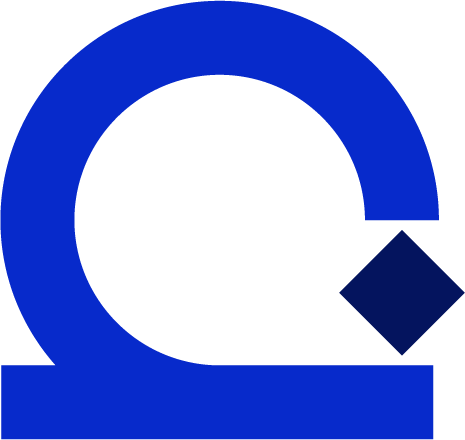- February 19, 2023
- Posted by: Mohammad Alizadeh
- Categories:

Tawarruq is a type of transaction in Islamic finance that involves buying a commodity on credit and then immediately selling it on a cash basis to a third party. The aim of this transaction is to generate cash for the buyer who needs liquidity, while also complying with Islamic financial principles.
Tawarruq is also known as commodity murabaha or reverse murabaha, and is often used as an alternative to conventional bank loans that involve interest payments. In a tawarruq transaction, the buyer approaches a financial institution and requests a loan. The financial institution purchases a commodity, such as metals or agricultural products, using its own funds, and sells it to the buyer on a deferred payment basis.
The buyer then immediately sells the commodity on a cash basis to a third party in order to generate cash. This allows the buyer to obtain the liquidity needed, while the financial institution earns a profit from the difference between the purchase and sale prices of the commodity.
Tawarruq is considered permissible in Islamic finance as long as the commodity being traded is a tangible asset and is in the possession of the financial institution before it is sold to the buyer. Additionally, the price of the commodity should be based on prevailing market rates, and the transaction should be fully disclosed to all parties involved.
Tawarruq is commonly used in Islamic finance for personal and corporate financing, as well as in the management of liquidity by financial institutions. It has gained popularity as a means of raising funds for short-term financing needs, and is often used by governments and corporations in Islamic countries to raise capital.
Overall, tawarruq is a financial product that adheres to Islamic financial principles and is gaining acceptance in the Islamic finance industry as an alternative to conventional banking products.
